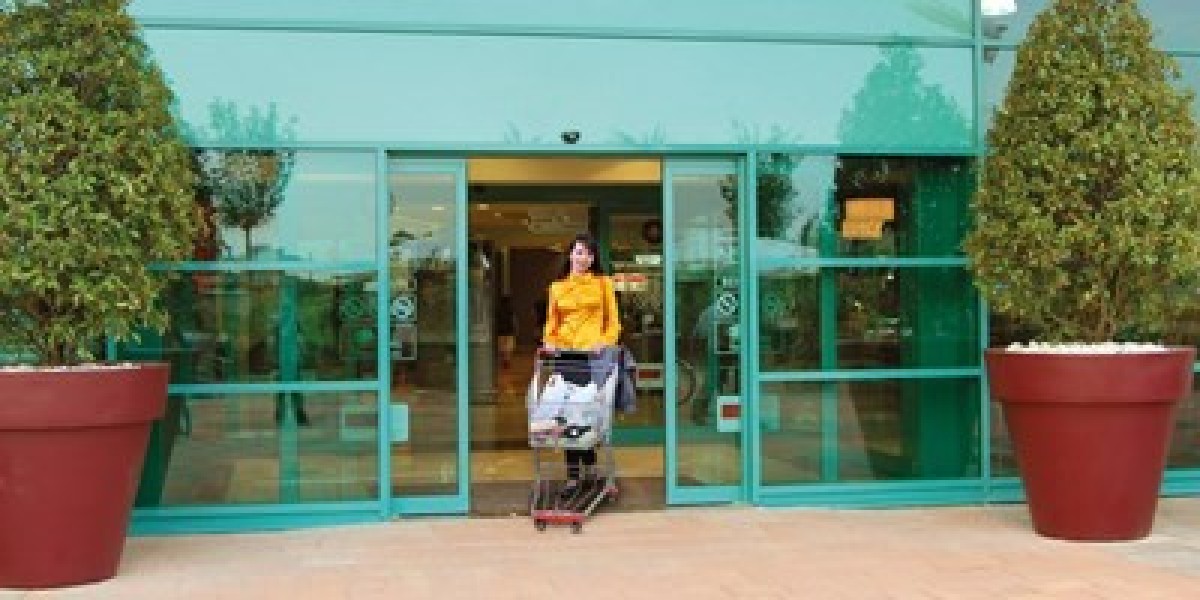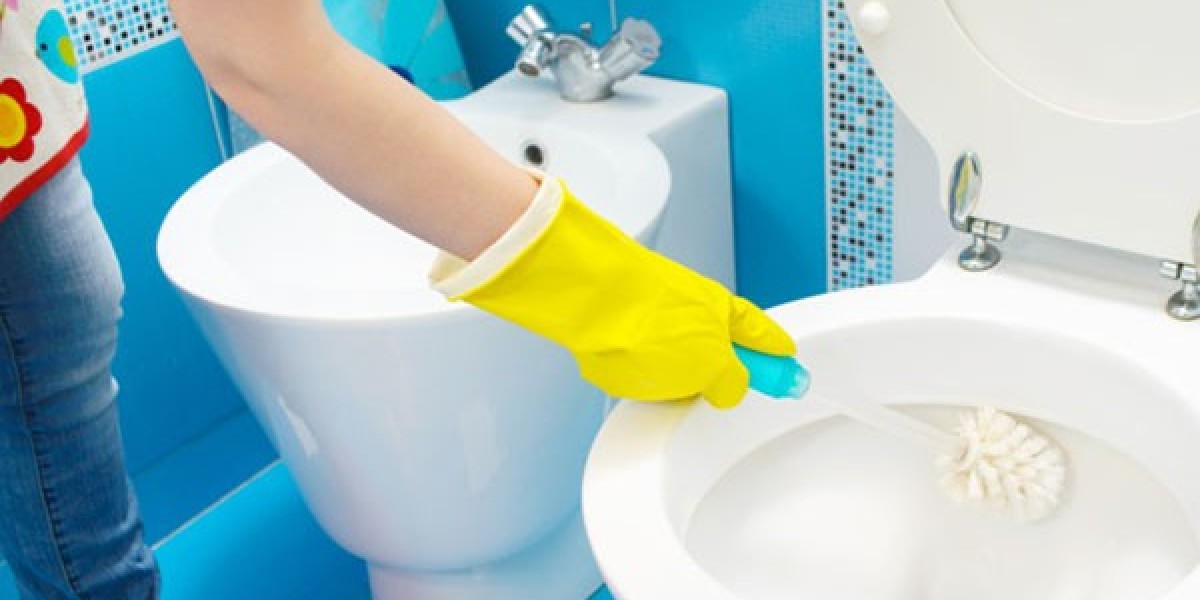As technology advances, it has become necessary for businesses to adapt and incorporate it into their operations. One of the areas that technology has made significant progress is in the manufacturing of automatic doors. These doors have become the ultimate convenience for businesses, providing ease of access and numerous other benefits. In this article, we will delve into the world of automatic doors, exploring their history, benefits, how they work, factors to consider when choosing them, installation, maintenance, and future.
History of Automatic Doors:
The first automatic door was invented in 1954 by Lew Hewitt and Dee Horton. They created a sliding door that was operated by a mat placed in front of the entrance. Since then, automatic doors have undergone numerous transformations, including the introduction of sensors, motion detectors, and automatic controls.
Types of Automatic Doors:
Automatic doors come in different types, including sliding doors, swing doors, folding doors, and revolving doors. Sliding doors are the most popular, suitable for high-traffic areas, while revolving doors are ideal for minimizing air infiltration and energy loss.
Benefits of Automatic Doors:
Automatic doors offer several benefits, including improved accessibility for people with disabilities, enhanced security, improved energy efficiency, and reduced maintenance costs. Additionally, they provide a modern and sleek look to buildings, making them more attractive to customers.
How Automatic Doors Work:
Automatic doors use sensors or motion detectors to detect movement, triggering the opening or closing of the doors. The most common sensors are infrared sensors, ultrasonic sensors, and pressure sensors. After detecting movement, the doors open, and after a specified time, they close automatically.
Considerations for Selecting Automatic Doors:
The type of building, the frequency of use, the desired level of security, and the climate all need to be taken into account when choosing automatic doors. The ease of installation, upkeep, and repair should also be taken into account.
Putting in Automatic Doors:
Professional technicians with knowledge of the installation procedure and relevant experience should install automated doors. The doors, sensors, and control systems must all be fitted throughout the installation procedure.
Upkeep for automatic doors:
To keep automatic doors operating at their best, routine maintenance is necessary. Moving parts need to be lubricated, sensors need to be cleaned, and worn-out components need to be replaced. Regular maintenance is crucial to avoiding malfunctions and extending the life of the doors.
Typical Issues with Automatic Doors:
Numerous issues, such as sensor failure, motor failure, and door misalignment, can arise with automatic doors. The doors may malfunction as a result of these issues, posing a security risk and causing difficulty for consumers.
Troubleshooting Automatic Doors:
When automatic doors malfunction, it is essential to troubleshoot the problem and rectify it quickly. Troubleshooting involves checking the sensors, control system, and motor for any faults.
Regulations for Automatic Doors:
Automatic doors are subject to several regulations, including the Americans with Disabilities Act (ADA) and the National Fire Protection Association (NFPA) regulations. These regulations outline the specifications and requirements for automatic doors, ensuring they are safe and accessible to everyone.
Cost of Automatic Doors:
The cost of automatic doors varies depending on the type of door,the features required, and the installation process. Generally, automatic doors are more expensive than traditional manual doors, but the benefits they offer often outweigh the cost.
Automatic Doors' Future:
Automatic doors are advancing significantly as technology continues to progress. Automatic doors are being updated with new capabilities including facial recognition, voice activation, and touchless controls to improve their functionality and user-friendliness.
Examples of Organisations Using Automatic Doors:
Businesses like supermarkets, hospitals, airlines, hotels, and retail outlets frequently employ automatic doors. Customers can enter and exit the premises swiftly and easily because to these doors' ease of access.
Conclusion:
To sum up, automatic doors are now a crucial component of contemporary organisations because they offer convenience, accessibility, and increased security. It is crucial to take into account aspects like the type of structure, usage patterns, and climatic conditions when selecting automatic doors. For maximum functionality and endurance, proper installation and maintenance are also essential. Future technological developments will allow automatic doors to become even more practical and effective.
FAQs:
Do automatic doors cost more than traditional doors?
Yes, because they offer more technology and functionality, automatic doors are typically more expensive.
Can automatic doors be modified to meet unique building needs?
It is true that automatic doors can be modified to meet unique building needs, including size, design, and functionality.
Which automated door types are most prevalent?
Sliding, swing, folding, and revolving doors are the four most popular styles of automatic doors.
What actions should I take if my automatic doors break down?
It's crucial to identify the issue and swiftly fix it. For repairs, it is advised to speak with a skilled expert.
Are automatic door installations subject to any rules?
The Americans with Disabilities Act (ADA) and the National Fire Protection Association (NFPA) standards, among others, all impose restrictions on automatic doors.








